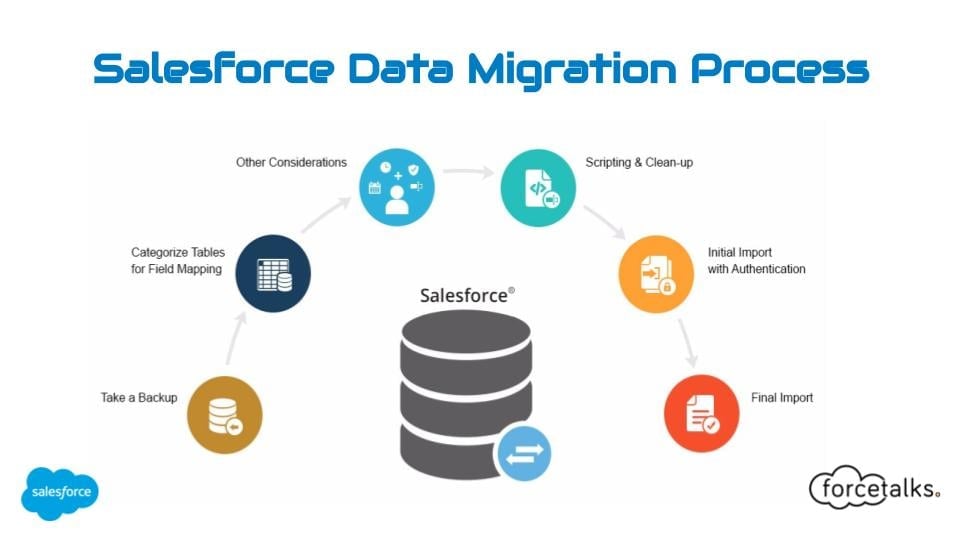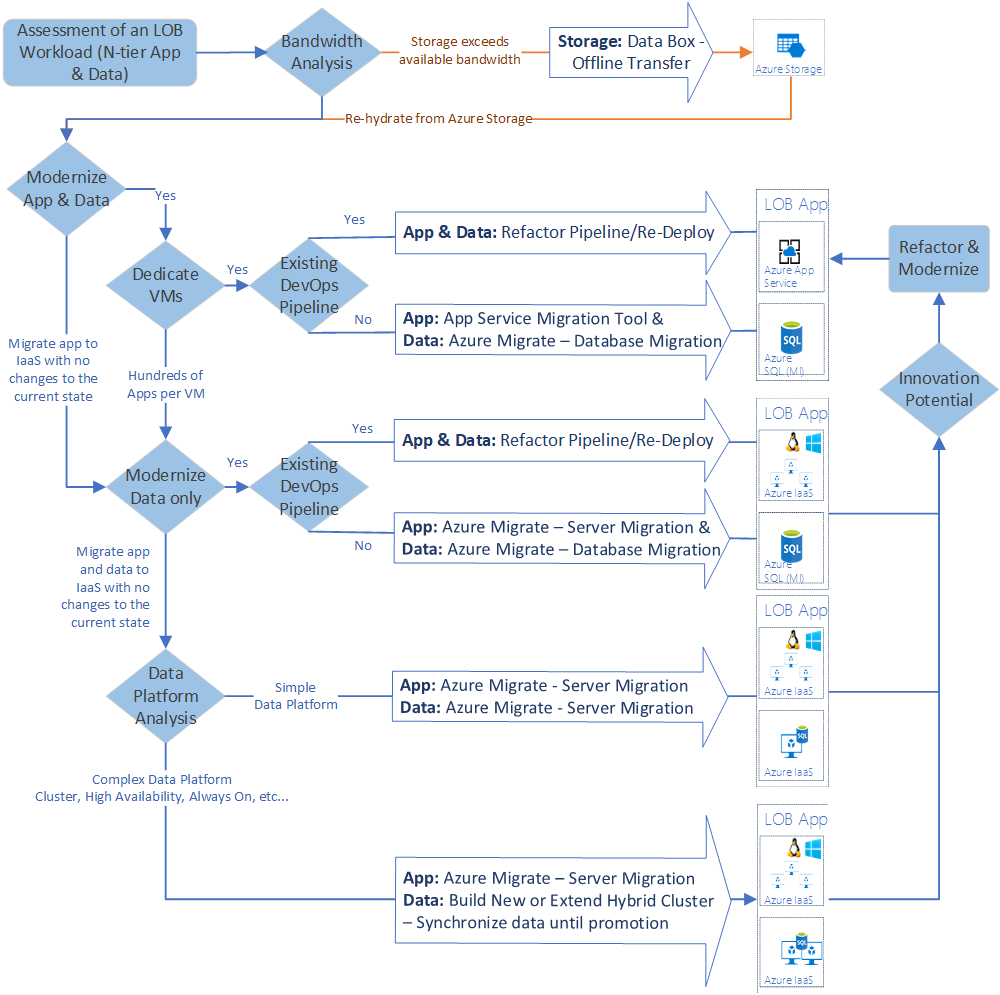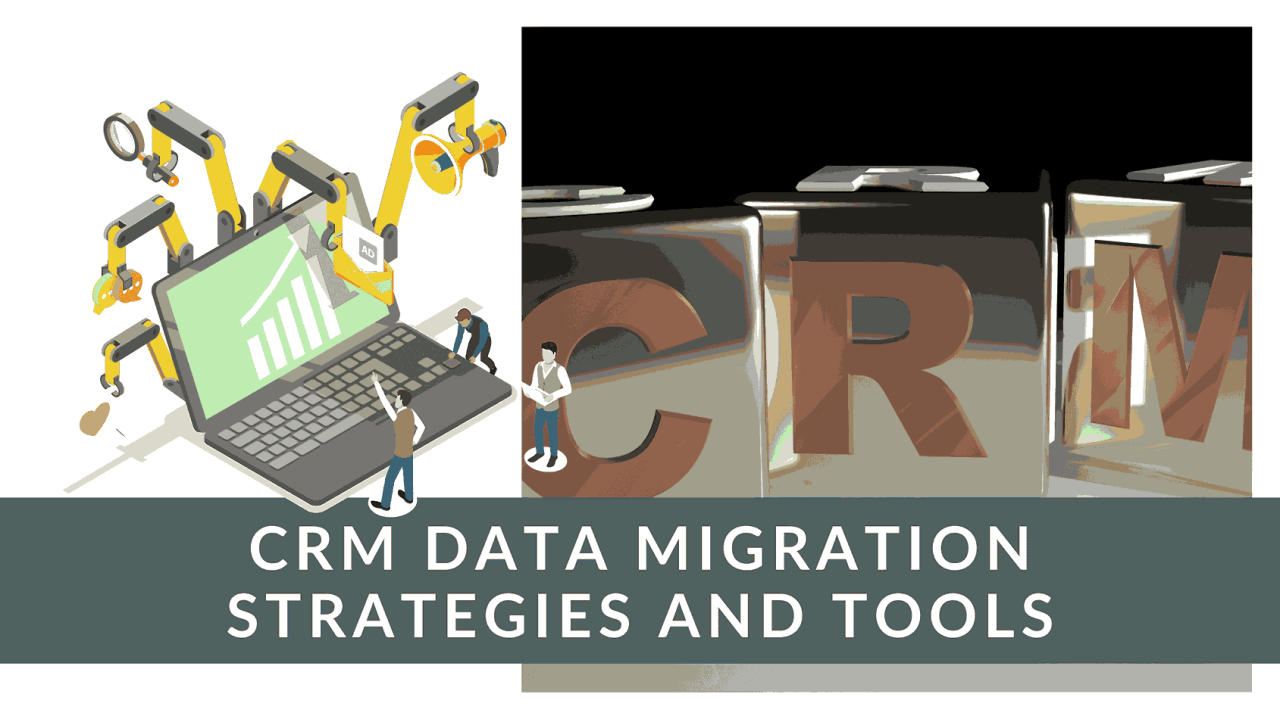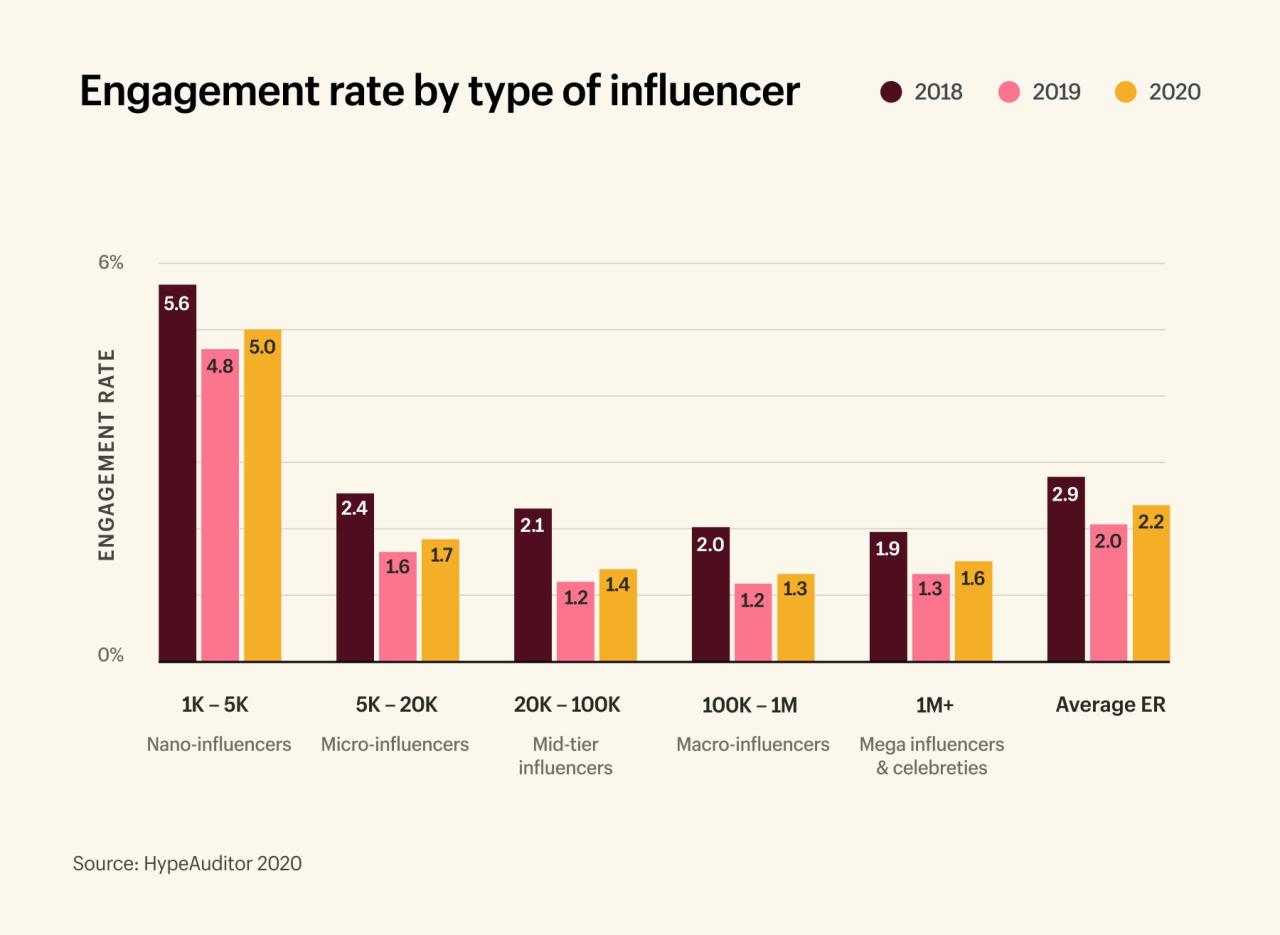Crm Data Migration Tools

CRM data migration tools are essential for businesses looking to efficiently transfer data. From understanding the purpose to selecting the right tool, this guide covers everything you need to know.
Explore the types of tools available, factors to consider when choosing one, and best practices for a successful migration process. Dive into the world of CRM data migration tools and streamline your data transfer operations.
Overview of CRM Data Migration Tools

CRM data migration tools play a crucial role in the seamless transfer of data from one Customer Relationship Management system to another. These tools are designed to streamline the process, ensuring that valuable customer information is accurately transferred without any loss or errors.
Importance of Using Specialized Tools, CRM data migration tools
Utilizing specialized CRM data migration tools is essential for businesses looking to avoid data corruption, duplication, or loss during the migration process. These tools are equipped with features specifically tailored for data mapping, transformation, and validation, ensuring a smooth transition from one CRM platform to another.
- Automated Data Mapping: CRM data migration tools offer automated mapping capabilities, allowing users to easily match fields between the old and new systems.
- Data Validation: These tools perform data validation checks to ensure the accuracy and integrity of the transferred data.
- Error Handling: CRM data migration tools provide error handling mechanisms to identify and resolve issues that may arise during the migration process.
- Data Quality Assessment: Tools often include data quality assessment features to cleanse and enhance data before migration, improving overall data integrity.
Key Features of CRM Data Migration Tools
CRM data migration tools come with a range of key features that set them apart from generic data migration tools. These features are specifically designed to address the unique requirements of CRM systems and ensure a successful migration process.
- Custom Mapping Templates: Users can create custom mapping templates to define how data should be transferred between systems.
- Batch Processing: Tools offer batch processing capabilities to handle large volumes of data efficiently.
- Data Mapping Preview: Users can preview data mappings before finalizing the migration, ensuring accuracy and consistency.
- Real-time Monitoring: Tools provide real-time monitoring of the migration process, allowing users to track progress and identify any issues promptly.
Types of CRM Data Migration Tools
When it comes to CRM data migration, there are different types of tools available to help businesses seamlessly transfer their data from one system to another.
On-premise vs. Cloud-based CRM Data Migration Tools
On-premise CRM data migration tools are installed and run on the company’s own servers, providing complete control over the migration process. Examples of on-premise tools include:
- DBConvert
- StarfishETL
Cloud-based CRM data migration tools, on the other hand, are hosted on the cloud and accessed through a web browser. They offer the advantage of scalability and accessibility from anywhere. Popular cloud-based tools include:
- Skyvia
- Import2
Open-source vs. Proprietary CRM Data Migration Tools
Open-source CRM data migration tools are freely available for use and can be customized according to specific needs. They are often community-driven and offer flexibility in migration processes. Examples of open-source tools are:
- Talend Open Studio
- MigrateMe
Proprietary CRM data migration tools are developed and owned by specific companies, offering advanced features and dedicated support. They are usually paid tools but provide a higher level of security and reliability. Popular proprietary tools include:
- Data2CRM
- INSYNQ Migration
Factors to Consider When Selecting a CRM Data Migration Tool

When selecting a CRM data migration tool, there are several key factors to consider to ensure a smooth and successful data migration process. Factors such as data security, scalability, ease of use, and cost play a crucial role in determining the effectiveness of the tool.
Data Security
Ensuring the security of your data during the migration process is paramount. Look for CRM data migration tools that offer robust encryption protocols, compliance with data protection regulations, and a secure transfer process to safeguard sensitive information.
Compatibility with CRM Platforms
Different CRM platforms have unique data structures and requirements. It is essential to choose a data migration tool that is compatible with the specific CRM platform you are using. Consider factors such as supported data formats, APIs, and integration capabilities to ensure seamless data migration.
Efficiency and Reliability
Evaluate the efficiency and reliability of CRM data migration tools by looking at factors such as speed of migration, data accuracy, error handling capabilities, and user feedback. Choose a tool that can efficiently migrate large volumes of data without compromising data integrity.
Scalability
Consider the scalability of the CRM data migration tool to accommodate future growth and expansion. A tool that can easily scale with your business needs will prevent the need for frequent tool replacements and additional costs.
Ease of Use
Select a CRM data migration tool that is user-friendly and intuitive to use. A tool with a simple interface, clear instructions, and comprehensive support resources will streamline the migration process and minimize the risk of errors.
Cost
Finally, consider the cost of the CRM data migration tool in relation to your budget and the value it provides. Look for tools that offer transparent pricing structures, flexible payment options, and a good return on investment in terms of time and resources saved during the migration process.
Best Practices for Successful CRM Data Migration

When it comes to CRM data migration, following best practices is crucial for a smooth and successful transition. By paying attention to the step-by-step process, preparing data effectively, and handling data mapping, validation, and testing properly, you can ensure a seamless migration experience.
Step-by-Step Process of Using CRM Data Migration Tools
Before starting the migration process, it is essential to have a clear plan in place. Here is a step-by-step guide to using CRM data migration tools:
- Identify and document all data sources and types to be migrated.
- Choose a reliable CRM data migration tool that fits your specific requirements.
- Map out the data fields from the source to the target CRM system.
- Perform a test migration to identify and resolve any issues or discrepancies.
- Execute the final migration, ensuring all data is transferred accurately.
Tips on Preparing Data for Migration
Properly preparing your data before migration is key to a successful outcome. Here are some tips to ensure your data is ready for the transition:
- Cleanse and de-duplicate data to eliminate any inconsistencies or redundancies.
- Ensure data is formatted correctly and meets the requirements of the target CRM system.
- Backup all data before starting the migration process to avoid any data loss.
Handling Data Mapping, Validation, and Testing
Effective data mapping, validation, and testing are essential steps in the CRM data migration process. Here’s how to handle them using CRM data migration tools:
- Data Mapping: Map out the relationship between data fields in the source and target systems to ensure a smooth transfer.
- Data Validation: Validate the accuracy and integrity of the data during the migration process to prevent any errors.
- Data Testing: Conduct thorough testing after migration to verify that all data has been successfully transferred and is functioning as expected.
FAQ Guide
What are the key features of CRM data migration tools?
CRM data migration tools typically offer features like data security, scalability, ease of use, and cost-effectiveness to streamline the migration process.
How do you evaluate the efficiency of CRM data migration tools?
Efficiency of CRM data migration tools can be evaluated by assessing factors like data transfer speed, accuracy, and compatibility with different CRM platforms.







